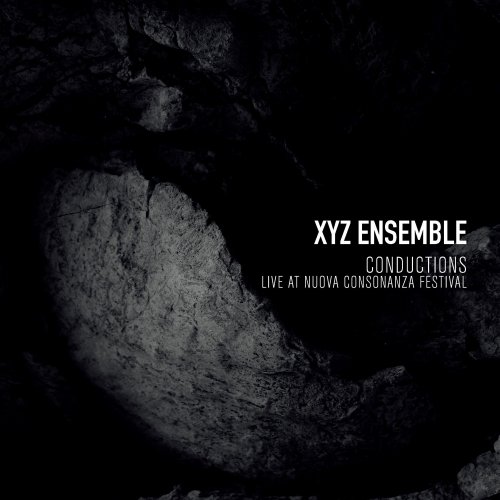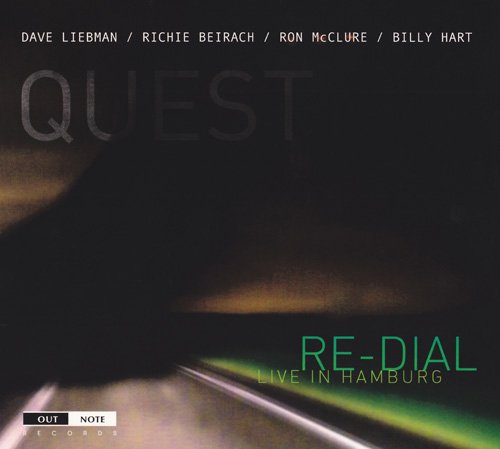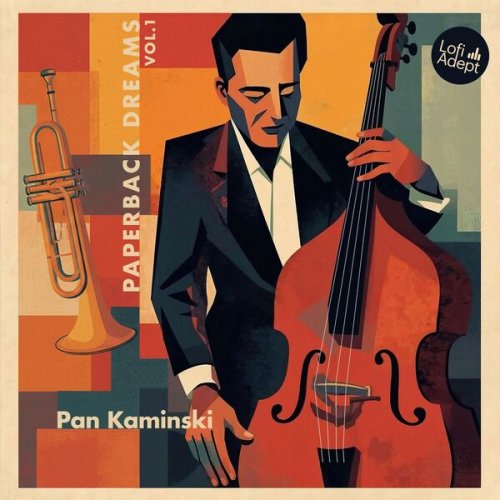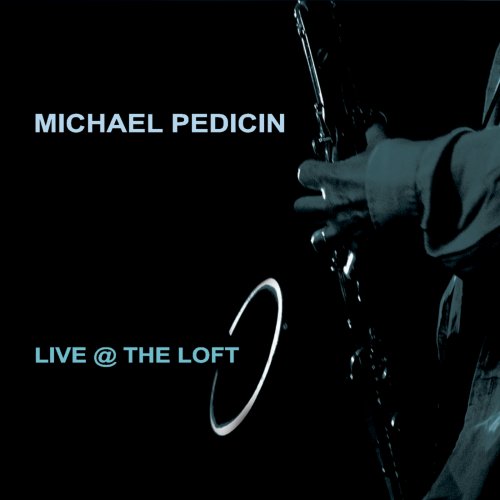XYZ Ensemble - Conductions (2024)

Artist: XYZ Ensemble
Title: Conductions
Year Of Release: 2024
Label: Da Vinci Classics
Genre: Classical
Quality: FLAC (tracks)
Total Time: 66:41 min
Total Size: 299 MB
WebSite: Album Preview
Tracklist:Title: Conductions
Year Of Release: 2024
Label: Da Vinci Classics
Genre: Classical
Quality: FLAC (tracks)
Total Time: 66:41 min
Total Size: 299 MB
WebSite: Album Preview
01. Conductions: I. Come nascono i bambini
02. Conductions: II. Canti russi… per fortuna si muore
03. Conductions: III. Bisous
04. Conductions: IV. Quando inizia la vita
One of the greatest satisfactions for an educator is witnessing the lasting impact of their teaching. In this case, the 16 participants in my recent improvisation workshop, Comporre dialogante, which was organized for the second
time by the Associazione Nuova Consonanza of Rome from 5 to 9 December 2022, have formed a cohesive group, the XYZ Ensemble. This ensemble has continued its work well beyond the confi nes of the workshop, initially through live performances and now with the release of this compelling album.
The album features recordings of several improvisations from the workshop, all centred around the theme of conduction. Conduction is a fascinating phenomenon, notable for its ability to bridge different musical genres.
Although it originated in jazz, conduction can also be effectively adapted to classical and contemporary contexts, as demonstrated during the workshop. This was highlighted in the concluding concert, which included a captivating score by Paolo Damiani, Raro Molteplice (conducted by Igor Giuffré), as well as two improvisations based on conduction: Omaggio a Guaccero (under my conduction) and a free conduction by Igor Giuffré.
Improvisation is becoming an increasingly prevalent practice, transcending specifi c genres and musical styles, and embracing contemporary artistic practices in general. As Giovanni Piana has argued in his Filosofi a della musica, it underscores the signifi cance of such practices across all musical genres. Alongside this practical dimension, the 2022 workshop was also structured around technical and aesthetic considerations, aimed at updating and discussing refl ections on improvisation. This involved exploring perspectives introduced by 20th-century composers such as Franco Evangelisti, Domenico Guaccero, and Luigi Nono,
particularly in relation to alea and open form. Improvisation is asserting itself with growing authority within the musical landscape, yet it still lacks comprehensive theoretical refl ection that transcends individual genres. Such refl ection should address not only the origins of improvisation but also the future directions of this expansive musical practice, particularly within the context of contemporary sound art in our increasingly
globalised and interactive world, facilitated by digital and informational technologies.
To this end, I would like to refer to my recent book, Multiversi sonori. L’improvvisare dialogante di Evangelisti, Nono, Scelsi (Aesthetica-Mimesis, 2023). It is becoming increasingly important to broaden our perspective,
understanding that the comparison and interweaving of historically disparate sound practices can signifi cantly enhance the quality of both performing and electronic arts. This can be achieved through the acquisition of a deeper and clearer awareness of their diverse and multifaceted nature. In conclusion, I extend my heartfelt congratulations to the members of the XYZ Ensemble, who, with this album, continue to contribute meaningfully to the evolution of contemporary sound art. I wish them the very best in the continuation of their courageous and impactful work.
Alessandro Sbordoni
time by the Associazione Nuova Consonanza of Rome from 5 to 9 December 2022, have formed a cohesive group, the XYZ Ensemble. This ensemble has continued its work well beyond the confi nes of the workshop, initially through live performances and now with the release of this compelling album.
The album features recordings of several improvisations from the workshop, all centred around the theme of conduction. Conduction is a fascinating phenomenon, notable for its ability to bridge different musical genres.
Although it originated in jazz, conduction can also be effectively adapted to classical and contemporary contexts, as demonstrated during the workshop. This was highlighted in the concluding concert, which included a captivating score by Paolo Damiani, Raro Molteplice (conducted by Igor Giuffré), as well as two improvisations based on conduction: Omaggio a Guaccero (under my conduction) and a free conduction by Igor Giuffré.
Improvisation is becoming an increasingly prevalent practice, transcending specifi c genres and musical styles, and embracing contemporary artistic practices in general. As Giovanni Piana has argued in his Filosofi a della musica, it underscores the signifi cance of such practices across all musical genres. Alongside this practical dimension, the 2022 workshop was also structured around technical and aesthetic considerations, aimed at updating and discussing refl ections on improvisation. This involved exploring perspectives introduced by 20th-century composers such as Franco Evangelisti, Domenico Guaccero, and Luigi Nono,
particularly in relation to alea and open form. Improvisation is asserting itself with growing authority within the musical landscape, yet it still lacks comprehensive theoretical refl ection that transcends individual genres. Such refl ection should address not only the origins of improvisation but also the future directions of this expansive musical practice, particularly within the context of contemporary sound art in our increasingly
globalised and interactive world, facilitated by digital and informational technologies.
To this end, I would like to refer to my recent book, Multiversi sonori. L’improvvisare dialogante di Evangelisti, Nono, Scelsi (Aesthetica-Mimesis, 2023). It is becoming increasingly important to broaden our perspective,
understanding that the comparison and interweaving of historically disparate sound practices can signifi cantly enhance the quality of both performing and electronic arts. This can be achieved through the acquisition of a deeper and clearer awareness of their diverse and multifaceted nature. In conclusion, I extend my heartfelt congratulations to the members of the XYZ Ensemble, who, with this album, continue to contribute meaningfully to the evolution of contemporary sound art. I wish them the very best in the continuation of their courageous and impactful work.
Alessandro Sbordoni


![L'Oiseau Ravage - Vertiges de la mue (2026) [Hi-Res] L'Oiseau Ravage - Vertiges de la mue (2026) [Hi-Res]](https://img.israbox.com/img/2026-02/20/nx23lj9uf6shoeud9r81rkfqi.jpg)
![Tom Braxton - Flashback (2026) [Hi-Res] Tom Braxton - Flashback (2026) [Hi-Res]](https://www.dibpic.com/uploads/posts/2026-02/1771426129_1.jpg)
![Bill Champlin - Through It All (1994) [Japanese Edition] Bill Champlin - Through It All (1994) [Japanese Edition]](https://www.dibpic.com/uploads/posts/2026-02/1771699229_ff.jpg)


![Aaron Quinn - To Be Held (2026) [Hi-Res] Aaron Quinn - To Be Held (2026) [Hi-Res]](https://img.israbox.com/img/2026-02/20/zmwyd3pc4g0fv5hzoz5kht5h3.jpg)
